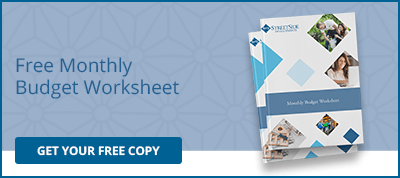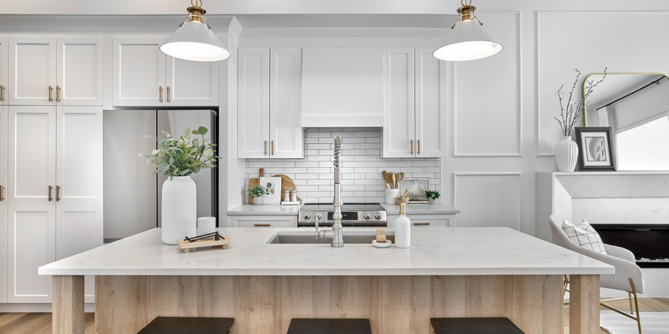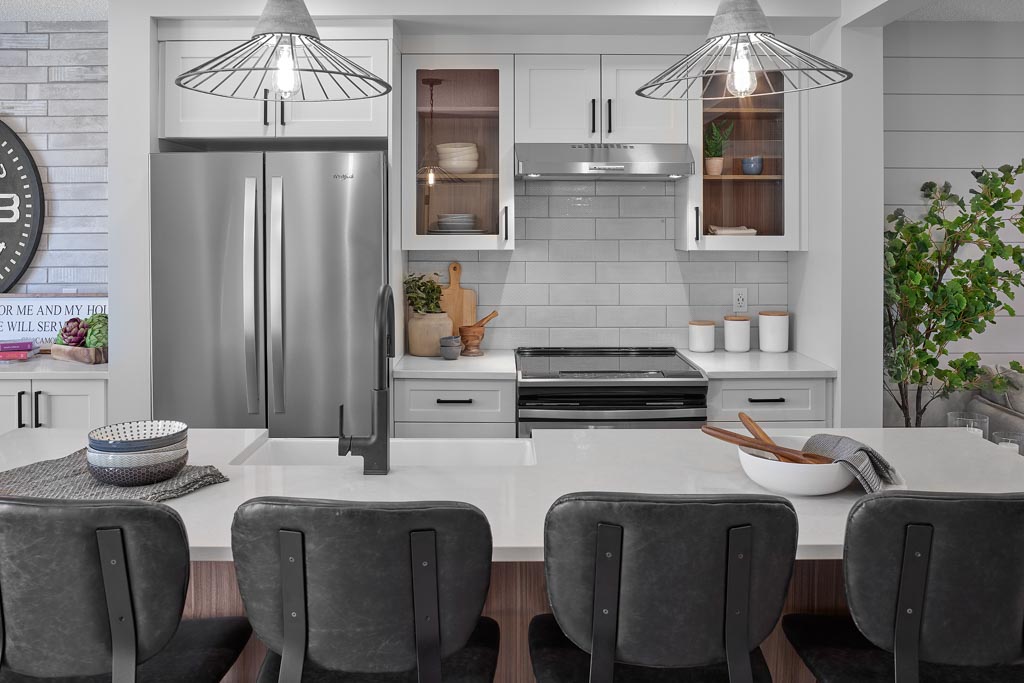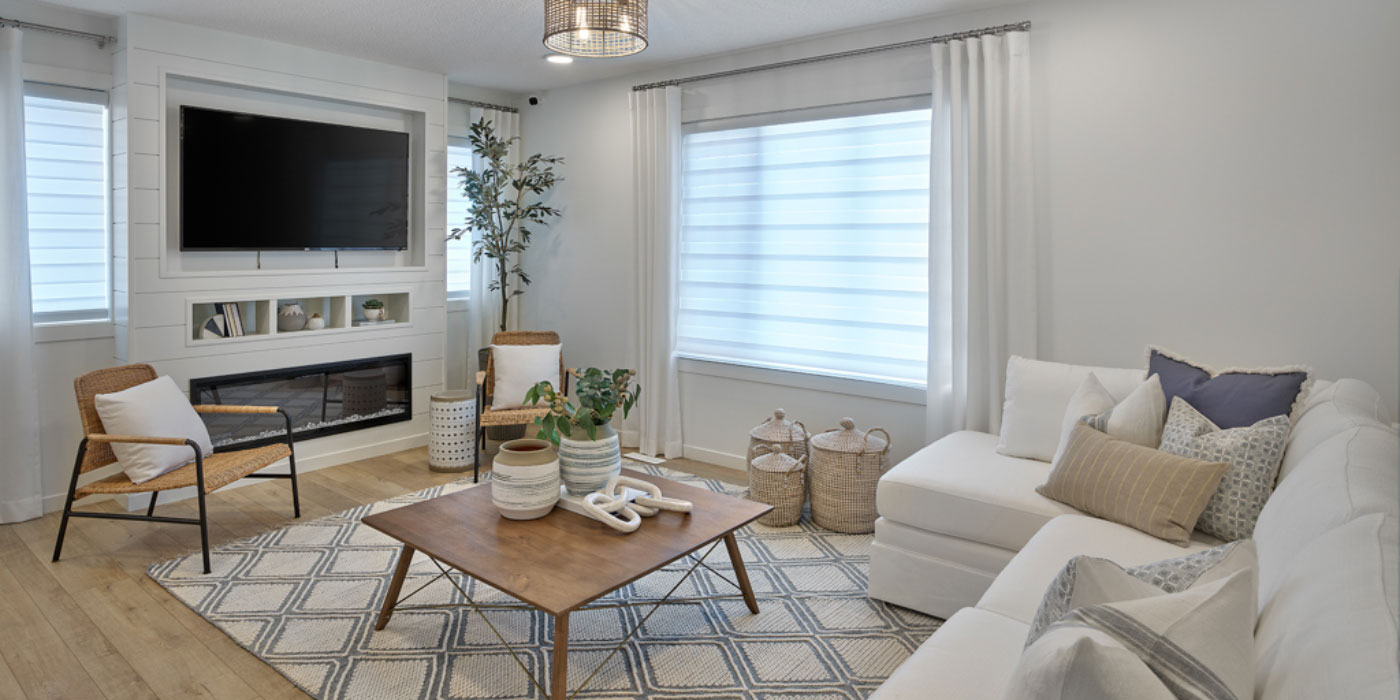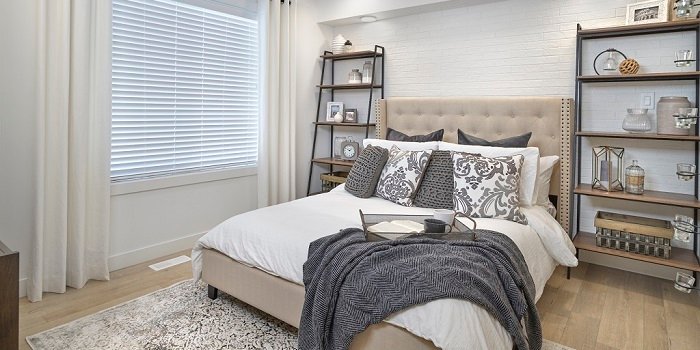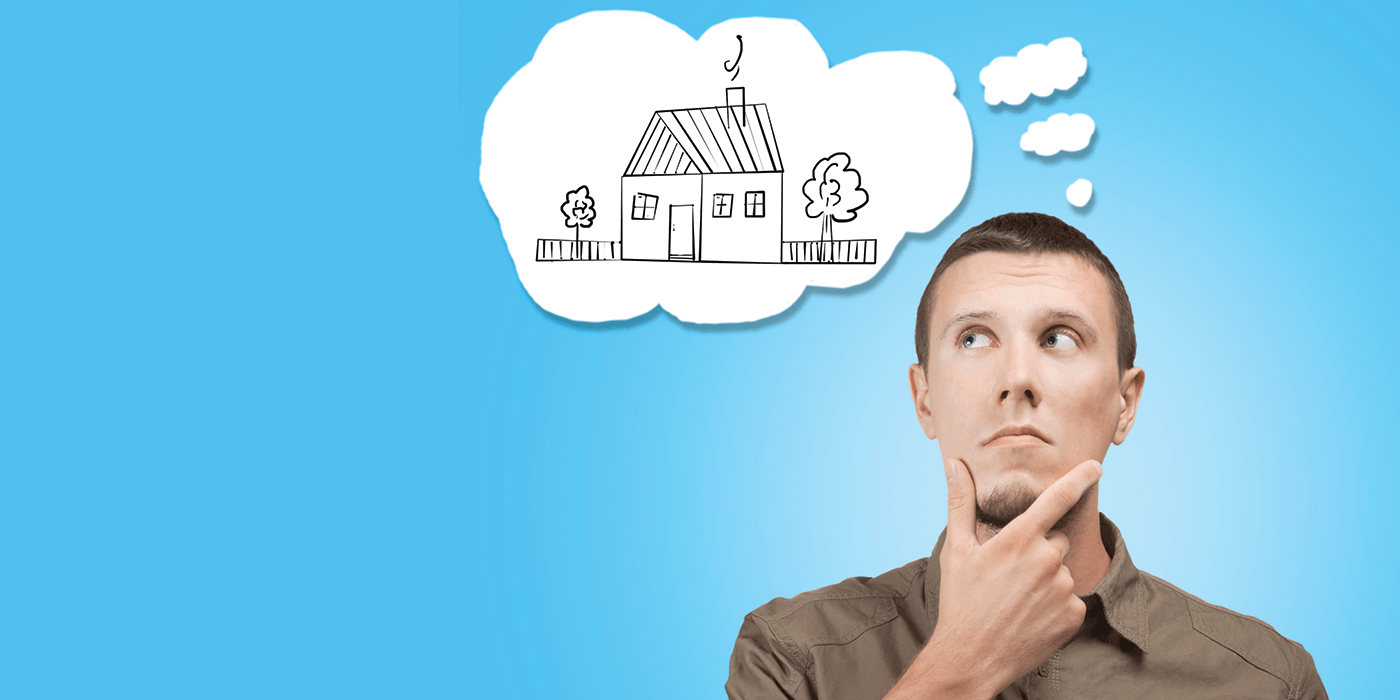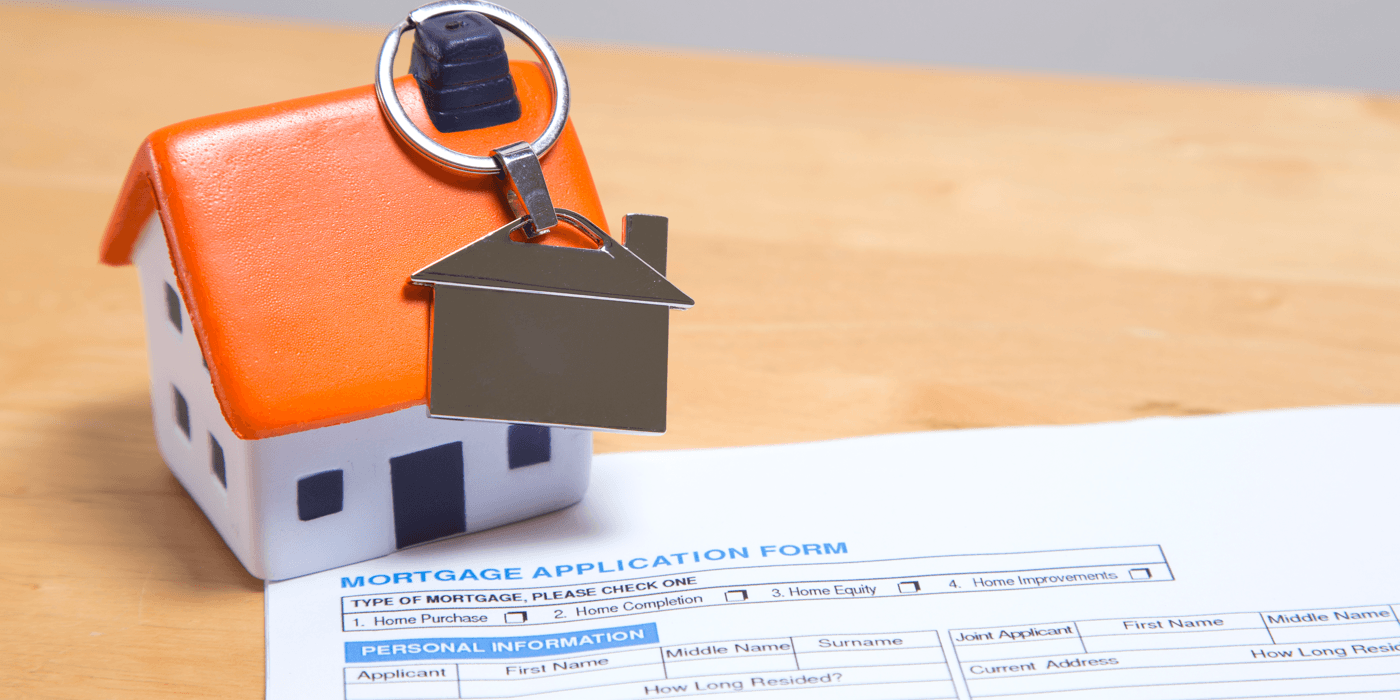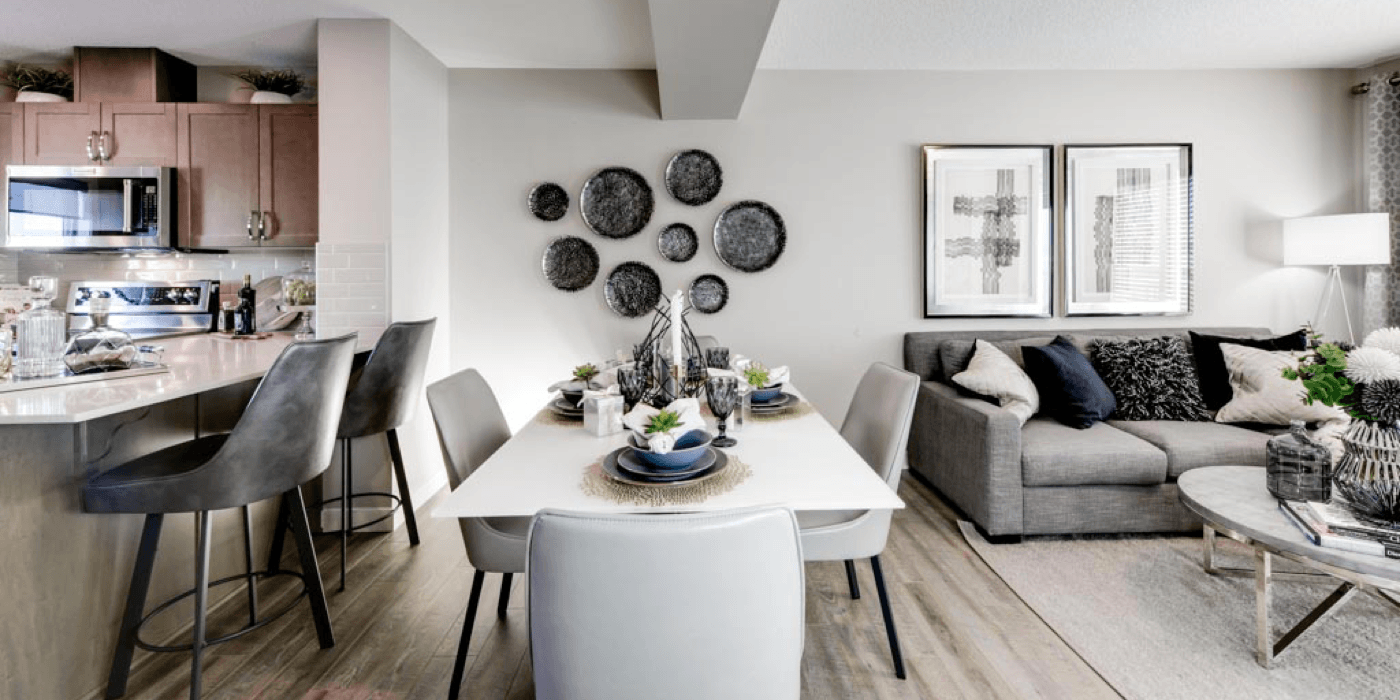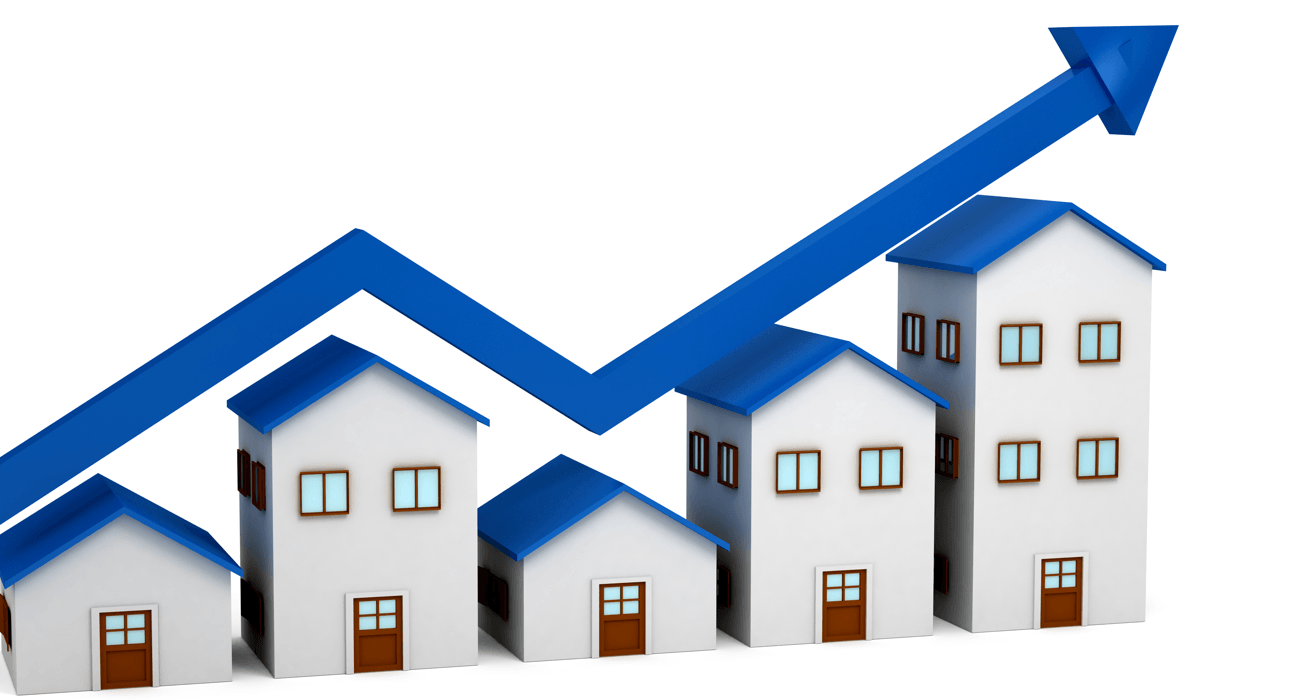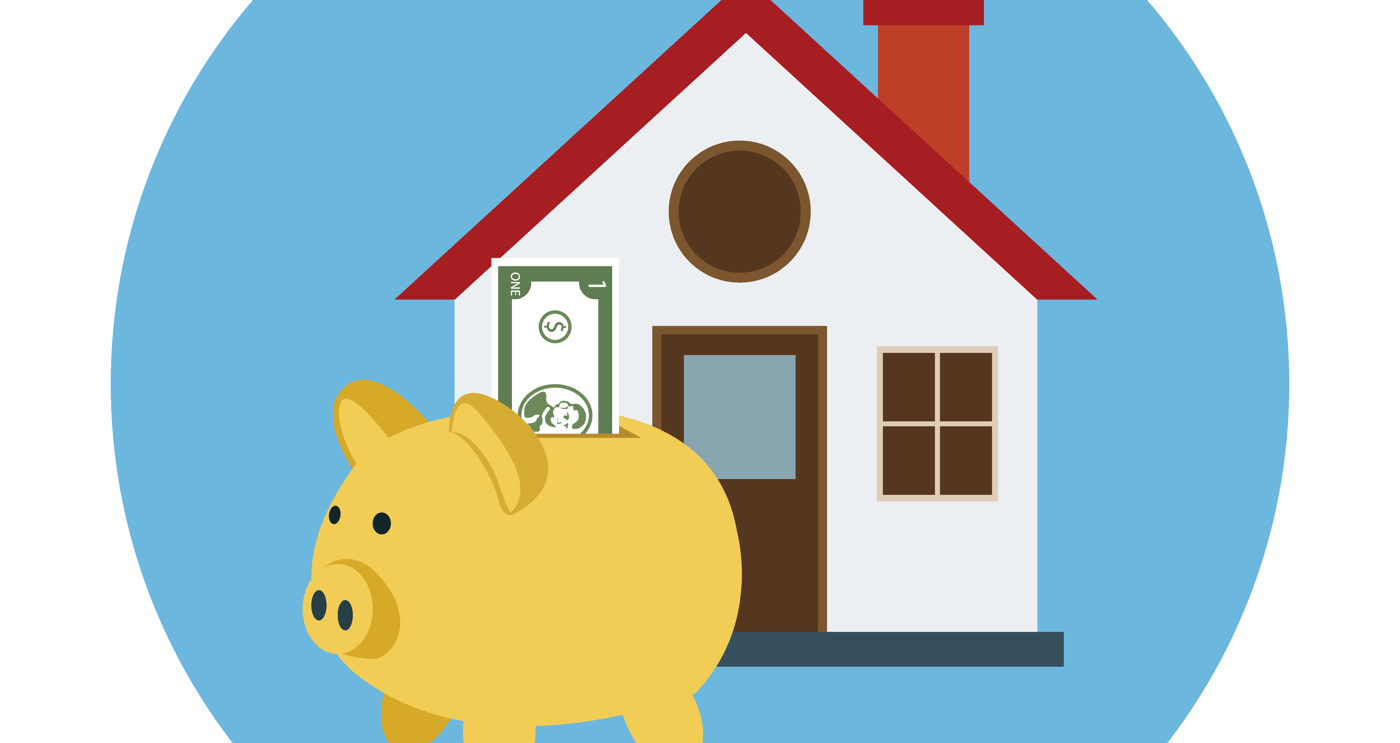
What is Home Equity and Why Does it Matter?
Home equity is a term that refers to the amount of ownership you have in your home. For instance, if your home is worth $350,000 and your mortgage balance is $200,000, you have $150,000 equity in the home. Equity isn’t always as important to a first-time home buyer, but it becomes more important when you want to sell. Learn more about it to help you make the right decisions for your family.
What Affects Equity?
Initially, the biggest thing that affects your equity is the amount of your down payment. Canadian law requires you to have at least five percent of the cost of the home as a down payment, but you’ll have higher equity if you can afford to put more money down.
As you make your monthly payments, you also increase your equity. All of the money that goes toward your principal balance is money that increases your equity. It’s important to note not all of the money in your monthly payment goes toward the principal. Some of it goes toward interest, and in the early years, a higher percentage of your monthly payment is going toward interest. Look at a mortgage amortization calculator to get a better sense of how much money goes toward the principal and how much goes toward interest.
The value of the home also affects your equity. If the housing market is booming and your home increases in value, the equity in your home also increases. However, if the market dips, you lose some of your equity.
For instance, if you purchased your home for $300,000 and currently have a mortgage balance of $200,000, you know you’ve paid $100,000 toward the home through a combination of down payment and monthly mortgage payments. If you could sell your home for $350,000, you actually have $150,000 equity in the home even though you only paid $100,000. If your home could only fetch $250,000, though, it would mean you only have $50,000 equity in the home despite paying $100,000. No one wants to lose money on their home, so it’s important to choose a home that should retain or increase its value.
Private Mortgage Insurance
When you first buy your home, equity matters because it determines whether or not you have to pay mortgage insurance. This is an extra monthly fee banks charge homeowners who have less than 20 percent as their down payment. It protects the bank’s interest should you default on the loan. Some banks will take off the fee once you hit 20 percent equity in the home, but other banks make you pay for private mortgage insurance throughout the duration of the loan. If you’re close to having 20 percent for your down payment, it’s probably smarter to wait a few more months to avoid this fee.
Using Equity for Home Repairs or Improvements
When you buy a brand-new home, you don’t have to worry about making repairs for several years. Those who have owned their homes for 10 years or more, though, may need to make some repairs or changes. If you don’t have a separate savings account for this, you can use the equity in your home. Apply for a home equity loan – essentially a lump-sum of money – or a home equity line of credit – a revolving credit account that allows you to borrow only what you need. This gets you the money you need when you need it.
Using Equity as a Down Payment on Your Next Home
Many homeowners use the equity they’ve built up for a down payment on their next home. This works well for people who purchased a “starter home” and want to upgrade to something bigger as their family grows, but it also works well for retirees who want to downsize once the kids have moved on.
The timing usually works well for those who are selling and buying a home at the same time, but the process is a bit more complicated for those who want to use their equity to purchase new construction because there’s a longer timeline. Fortunately, many banks are familiar with the challenges and can offer suggestions to those who need to access their equity while still living in the home.
The equity you have in your home isn’t quite as liquid as money you have in a savings account, but it’s still a part of your net worth you can usually use when you need it. The best thing about equity is you naturally build it up every time you make a mortgage payment. The more money you can put toward your monthly payment, the more equity you’ll have in your home.
Photo credits: pig, money
Our Latest News:
Related Posts:



